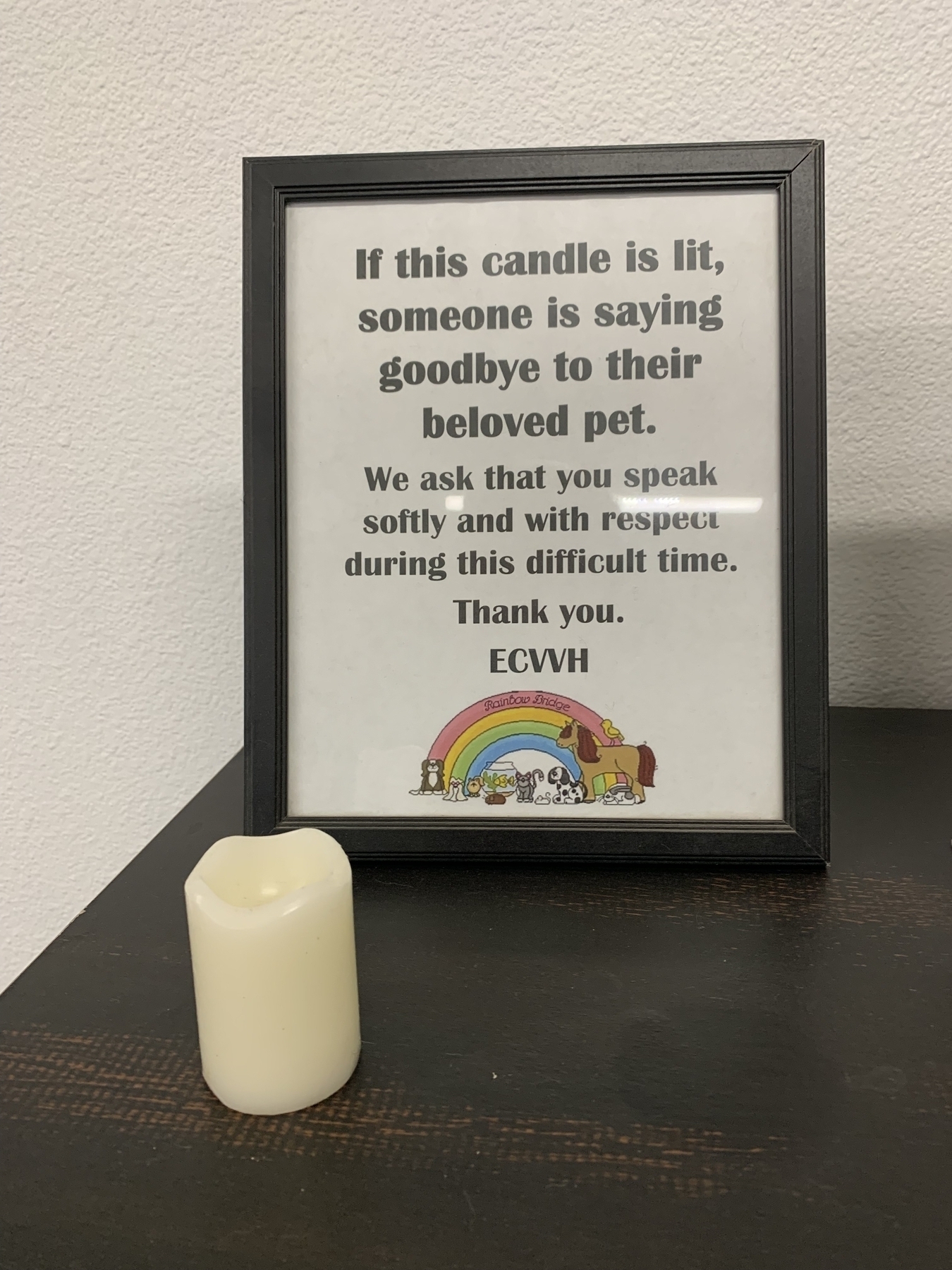2022s
- While micro.blog is an excellent blogging and micro.blogging service, with an outstanding management team, it’s not a great Mastodon experience. Three main reasons for that:
-
Once you’ve migrated followers from Mastodon to micro.blog, there’s no automatic way to send them back.
-
Once you’ve migrated followers from a mastodon account, that account is deactivated. I had a vague idea that I’d continue using my Mastodon account to read, boost, and reply, but that won’t work.
-
I did not actually say “Yippee!” ↩︎
While walking the dog, I saw this splendid holiday display.

Crypto craziness craps out — and about time too. By Steven J. Vaughan-Nichols (@sjvn@mastodon.social) at The Register.
At a recent fintech open source fintech conference, crypto was only mentioned in passing. “People would talk about it in the same way you’d talk about your little brother’s latest embarrassing TikTok video.”
From where I sit, this is the slow but sure fall of what has always been one gigantic Ponzi scheme. There has never – never – been any real value in crypto. Yes, I know all the arguments about how fiat currencies have no intrinsic value either. You know what, though? If I go to the grocer, I can buy milk, bread, and butter with my fiat dollars or pounds. Dogecoin? Garlicoin? Trump NFT trading cards? I don’t think so.
…
At least with famous financial scams of the past, such as the Dutch Tulip Bubble and the 2008 real estate crash, you had tulip bulbs and houses for your money when all was said and done. With crypto, you’ll be left with nothing at all except meaningless, pointless, valueless blockchains.
I’ve been saying that bit about the tulip bubble for years. At least you had tulips.
The Sorta Kinda Life Changing Bliss of Walking Solo. By Craig Mod @craigmod@mastodon.social
Folks seem scared of solitude but solitude is a superpower when used well. Alone, in your basement, it breeds anomie, but out in the world, moving through the world, step after step, clear goal in mind, I’d argue that a solo walk during which you are engaged — paying attention, with your phone turned off, no headphones, no podcasts, no escape routes — is the quickest way to elevate a human. Basement solitude — isolated without serendipity, static, stagnant, stuck with your face in a screen, manipulated by the algorithms — is the death of the soul. The solo walk outdoors, in the air, beneath the sun, the rain, the snow, bumping into drunken horse betters, kind gardeners, farmers covered in blood, women beating mattresses at dusk, tractor trailer drivers leaning against their cabs for a smoke, is the opposite, the antipode, the physical palinode to basement solitude and the death of the mind and body.
I walk the dog more than three miles nearly every day, and that counts as walking alone. But I’m almost always listening to podcasts.
I sorta kinda remember who the author, Craig Mod, is—I think he’s a travel writer, currently living in Japan, and from this essay I gather his daily walks are part of his work. He seems to photograph and video the things and people he sees, and interviews the people, publishes the results on the web, some by subscription only, and sells it in books. Very different from my life (though it sounds appealing). He walks 12-45 km per day (that’s about 7.5-30 miles), carrying 12 kilos of photo and video equipment (26 pounds.
The walk, he says, is his work platform, the way the computer and Internet are mine.
Dogs start the day with a spoonful of Alpo or some other canned meat on top of a heap of patented, vitaminized kibble. In no time the meal is gobbled down and the dish licked clean and, like as not, poked noisily about the kitchen like a hockey puck, amid waggings. But I can recall another era, when every dog took a quick first look into his dish, to see what was in there. It was different each morning, but might contain a last chunk of pot roast or ham hock, plus gravy, from the previous night’s dinner table, a scraping of scrambled eggs, a slice or two of stale bread, leftover lima beans or spinach, a fresh but limp carrot, a splash of milk, and a half-bitten doughnut. It went down just as fast and probably did no harm, but what I’m getting at here is the old phrase “a dog’s breakfast,” because that’s what this book is. A mélange, a grab bag, a plate of hors d’oeuvres, a teenager’s closet, a bit of everything. A dog’s breakfast.
– Roger Angell, “This Old Man: All in Pieces.”
That’s what this blog is. A dog’s breakfast.
Texas Cop Sentenced To More Than 11 Years In Jail For Killing A Woman During A Welfare Check. By Tim Cushing at Techdirt.
Atatiana Jefferson was lawfully hanging around in her Texas home when she heard a prowler outside at 2 am, so she retrieved her lawfully owned gun to investigate. The prowler was police officer Aaron Dean, who was called on a welfare check after neighbors reported Jefferson’s front door was open and light was on at that unusual hour of the night. In the confusion that followed, Dean failed to identify himself as a police officer, and shot and killed Jefferson.
Dean made so many awful decisions in just a few minutes, as did the police department, which defended Dean as reacting to a “perceived threat”—that threat being Jefferson, who in reality was just being in her own home, babysitting her 8-year-old nephew, violating no law.
Amazon begins drone deliveries in California and Texas.
Residents of two towns, one in each state, can sign for drone delivery.
“The drone will fly to the designated delivery location, descend to the customer’s backyard, and hover at a safe height,” Amazon said. “It will then safely release the package and rise back up to altitude.”
Republicans Can Still Win in Blue San Diego. By Andrew Keatts at Voice of San Diego.
Mastodon has rejected five recent funding offers to preserve its nonprofit status. “Mastodon will not turn into everything you hate about Twitter,” says founder Eugen Rochko.
Remains to be seen whether this lasts. Money is a powerful temptation.
Southwest’s super-efficiency is destroying it
Seems like the super-efficiency that made Southwest a great airline in good conditions is making it a nightmare now. Super-efficient businesses have no slack in emergencies.
Daring Fireball: Southwest Airlines Has Fallen Apart
We saw that with some household supplies in 2020. And we’re still seeing it in healthcare today. Our healthcare system was designed to serve the healthier population of 2019 (and it served even them poorly, while increasing wealth for shareholders). US healthcare has been operating in emergency gear for almost three years now.
We saw this sobering sign and candle at the vet a few days ago.

If you’re seeing this on Mastodon, I suggest you follow me at @mitchw@mastodon.social. If you think you’re already following me there, you’re actually probably not. I apologize for the inconvenience. Here’s an explanation.
A couple of days ago, I migrated all my followers on @mitchw@mastodon.social to @MitchW@mitchw.blog. “It’ll be great!” I said to myself. “Finally, I won’t have to cut-and-paste to multiple social media platforms to participate in all of them! Write once, read anywhere! Yippee!1”
Here’s what I soon learned:
A. Formatting: When viewed on Mastodon, micro.blog truncates posts at 280 characters, rather than Mastodon’s standard 500. Also, micro.blog strips paragraph breaks from posts sent to Mastodon.
B. micro.blog doesn’t support boosts.
I expect 1.A will be corrected soon—management is On It, fixing formatting problems. Until then, I expect I’ll just manually cut-and-paste posts to micro.blog and Mastodon. Once the formatting problems are fixed, I’ll see if I can reactivate micro.blog’s otherwise excellent tool for automatically cross-posting to Mastodon.
However, I expect 1.B will never change. Boosts are antithetical to micro.blog culture. I’m ok with that.
In the long run, I’d like to see better integration between Mastodon and other services, to help folks like me maintain a presence in two or more places at once. I don’t have a clear vision of what that would look like. Maybe a micro.blog Mastodon instance that somehow syncs with micro.blog itself?
San Diego needs to build housing and plenty of it. Forget “neighborhood character” and the environment. Current conditions are a crime against humanity.
STUT: These are the stories of newly homeless San Diegans. By Gary Warth.
When Britain abolished slavery, slaveowners received compensation. But what about the enslaved people themselves? Did they get any financial reparations for the terrible crime committed against them by the slaveowners and society?
7 Reasons Why Britain Abolished Slavery. By Luke Tomes at historyhit.
How a Town Famous for Xenophobia Fell in Love With Immigrants
“We now want as many immigrants as possible,” said Bernard Thompson, the mayor of Hérouxville, Quebec, a onetime supporter of the town’s anti-immigrant code.
The Central African Republic, one of the world’s poorest countries, became one of only two nations in the world to adopt Bitcoin as a cryptocurrency. Eight months later, almost nothing has changed.
Crypto was an alternative to the CFA franc, which gives France effective control of the economies of more than 180 million people in its former colonies.
Critics say the Bitcoin transition was a gimmick to hype up interest in CAR’s own cryptocurrency, which failed.
One of the World’s Poorest Countries Put Its Faith in Crypto – Why?. By Ben Hunte at Vice World News.
My favorite part of George Santos’ self-defense is where he says he never claimed to be Jewish, he just said he was “Jew-ish.” Oy.
Jackie Hoffman steals “Glass Onion.”
Elon Musk was never a liberal, and his plans for Twitter were never benevolent. “Tech barons’ lip-service to democracy and pluralism was always conditional on preserving their own positions at the top.” By Thomas Zimmer at The Guardian.
“Karens for Hire”—slogan, “We Karen so you don’t have to”—promises “to harness the power of accomplished complainers in the service of beaten-down customers, abused tenants and anyone else with a dispute that outstripped their own capacity to carp.”
Cutting through customer service doom-loops by calling in a ‘Karen’
Steve Hendrix writes this for The Washington Post as a lighthearted story about a plucky startup seeing a problem and fixing it. Doing well by doing good. American entrepreneurial spirit at its finest.
But this is also a story about American society being fundamentally broken.